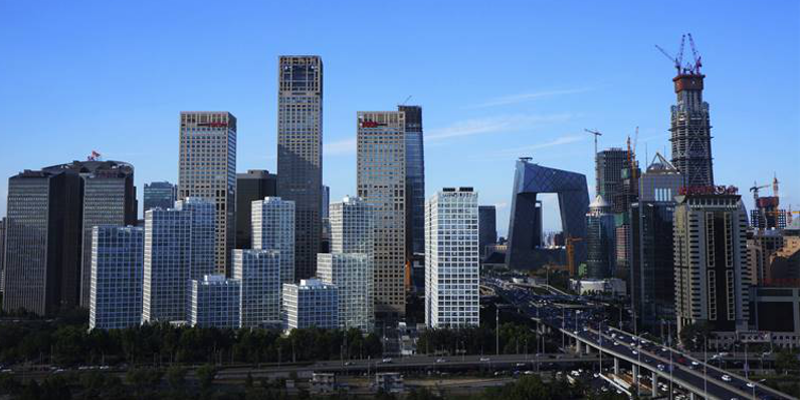For being the second-largest and fastest growing economy in the world, China has the advantage to arbitrarily dictact new regulations to the market. While this was always a cause for concern, it has come to fore with China now intending to establish international courts in Beijing, Xi’an and Shenzhen.
CNBC, quoting Chinese state-media Xinhua, said that the new institutions will be based on Beijing’s existing judiciary, arbitration and mediation agencies. This, of course, has led many corporates with mutual interest to affirm to the thought that China-led legal system might favor local players over international ones. But is this assumption based on analysed effect of a Chinese financial judiciary?
While talking to Hugo Brennan, an analyst at risk consultancy Verisk Maplecroft, CNBC reported that the Chinese international courts will be a red flag for many corporate powerhouses. “The fact that the arbitration courts will be under the Supreme People’s Court will be a red flag for many corporate entities. The judiciary is subservient to the Chinese Communist Party and its interests, which will raise legitimate concerns around impartiality.”
China has made it clear that it will not downplay any discrepancies by its financial counterparts, with President Xi Jinping at the helm of the decision-making pertaining to which countries get funding and when. China’s supposed intervention in the South African election was one such example. China’s humongous Belt and Road trade chain is established, many say, with the objective to push its political and economic agenda in the developing world.
“It is uncertain how much the legal authority of China is expected by Beijing to influence disputes, which by their cross-border nature, are also bound by other nations’ sovereign laws,” Chris Devonshire of Dezan Shira and Associates was quoted as saying by CNBC.







Leave a Reply